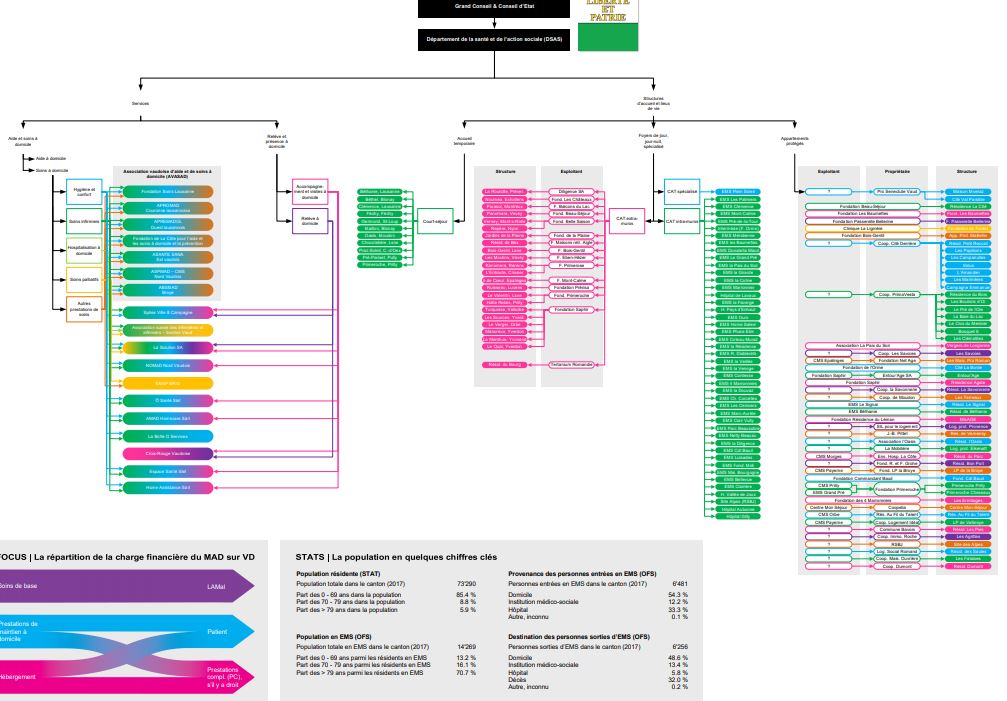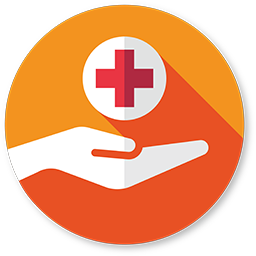INNOMAD - Mapping for the analysis of homecare for the elderly in order to identify the potential for innovation
Innovations which benefit the elderly and better their home care is on the rise. Innovation offers are designed to assist people in their daily lives, improve the functioning and coordination of support structures, develop new living spaces and even provide prevention tools that delay admission into a hospital or a retirement home.
Based on desk research and interviews, our study concludes that the home care system is indeed very rich in terms of offers but remains excessively complex to understand. Due to heterogeneity of stakeholders and multiplicity of offers, the resulting need is not only that of maintaining a certain health state or adhering to certain values, desires, situations and life constraints of beneficiaries and caregivers, but also that of reducing the mental pressure and information and coordination time exert on everyday life.
Identified innovations that could meet these needs match two profiles of new offers that could be developed or that are emerging: the first one pertains to certified coaching for healthy people or people in non-complex health conditions while the second one pertains to generalist case managers who monitor and support people in complex health conditions.
Our study also highlights 9 dimensions that should be integrated into any home care innovation approach: scope of "home care", territorial organization, typology of stakeholders, legal framework, financing systems, beneficiaries and caregivers share of expenses, client and user identification, conditions of value proposition evaluation, legitimacy and universality.



